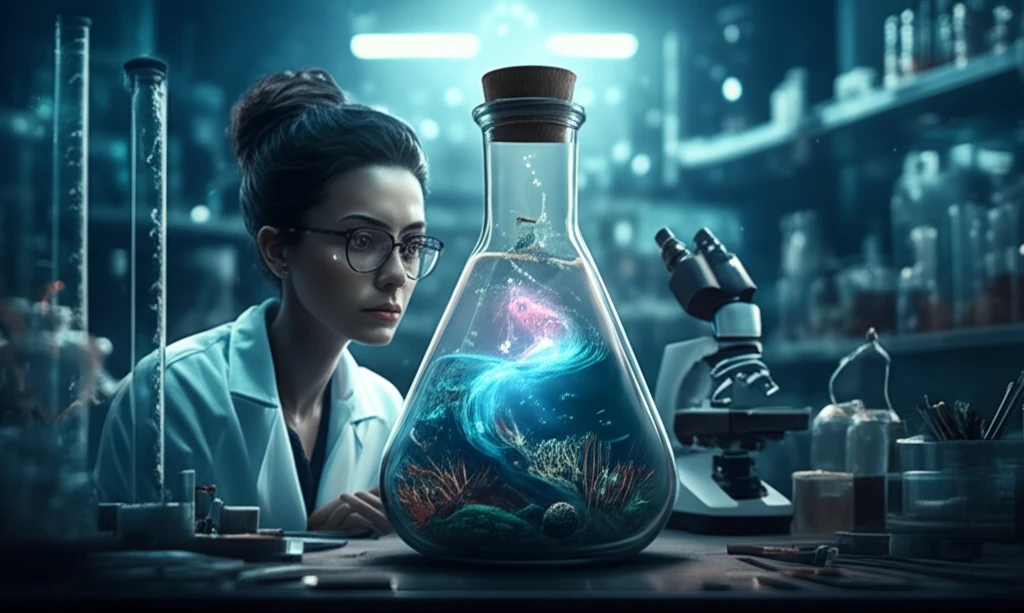
Unlock the Ocean's Secrets: How Marine Compounds Could Revolutionize Medicine
"Dive into the groundbreaking research exploring furanoseterterpenes and their potential to combat major diseases, offering new hope for drug development."
The ocean, a vast and largely unexplored realm, holds a treasure trove of natural compounds with the potential to revolutionize medicine. Among these, furanoseterterpenes—complex molecules derived from marine organisms—have garnered significant attention for their unique biological activities and potential therapeutic applications. However, their scarcity in nature poses a significant challenge to widespread research and development.
A recent study published in the Journal of Coastal Research delves into the asymmetric synthesis of furanoseterterpenes, offering a promising pathway to overcome the limitations of natural extraction. This innovative approach aims to create these valuable compounds in the laboratory, paving the way for new drug discoveries and treatments for major diseases.
This article explores the significance of furanoseterterpenes, the challenges of obtaining them from marine sources, and the groundbreaking research that seeks to unlock their therapeutic potential through advanced synthetic methods. By understanding these efforts, we gain insight into the future of marine-based pharmaceuticals and their potential to transform healthcare.
Why Are Furanoseterterpenes So Important?

Furanoseterterpenes are a class of natural products found in marine organisms, particularly sponges and nudibranchs. What makes them so attractive to researchers is their complex molecular structure and the diverse range of biological activities they exhibit. These compounds have shown promise in:
- Anti-cancer properties: Some furanoseterterpenes have demonstrated the ability to inhibit the growth of cancer cells in laboratory studies.
- Anti-inflammatory effects: Certain compounds have shown potential in reducing inflammation, a key factor in many chronic diseases.
- Anti-diabetic potential: Research suggests that some furanoseterterpenes may help regulate blood sugar levels, offering a potential avenue for diabetes treatment.
- Other therapeutic applications: Furanoseterterpenes are being investigated for their potential in treating neurological disorders and infectious diseases.
The Future of Marine-Based Medicine
The research into the asymmetric synthesis of furanoseterterpenes represents a significant step forward in the field of marine-based drug discovery. By developing efficient and versatile methods to create these complex molecules in the laboratory, scientists are opening up new avenues for research and development. This could lead to the creation of novel therapies for a wide range of diseases, improving human health and well-being. As we continue to explore the ocean's vast resources, the potential for marine-derived pharmaceuticals to transform medicine remains immense.
